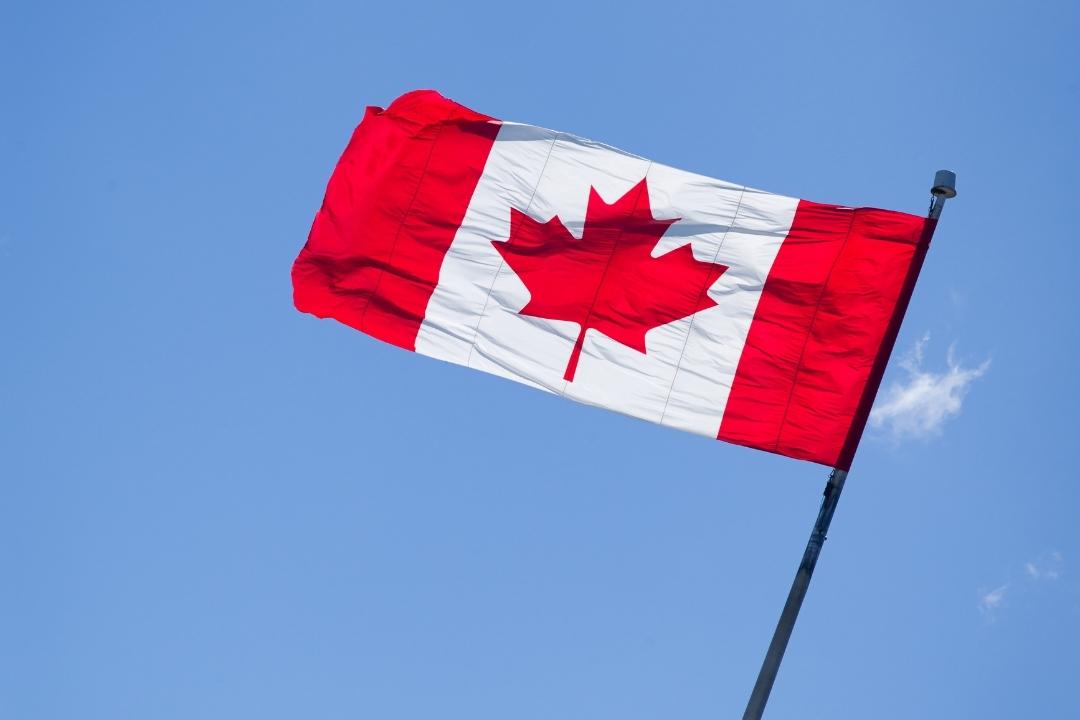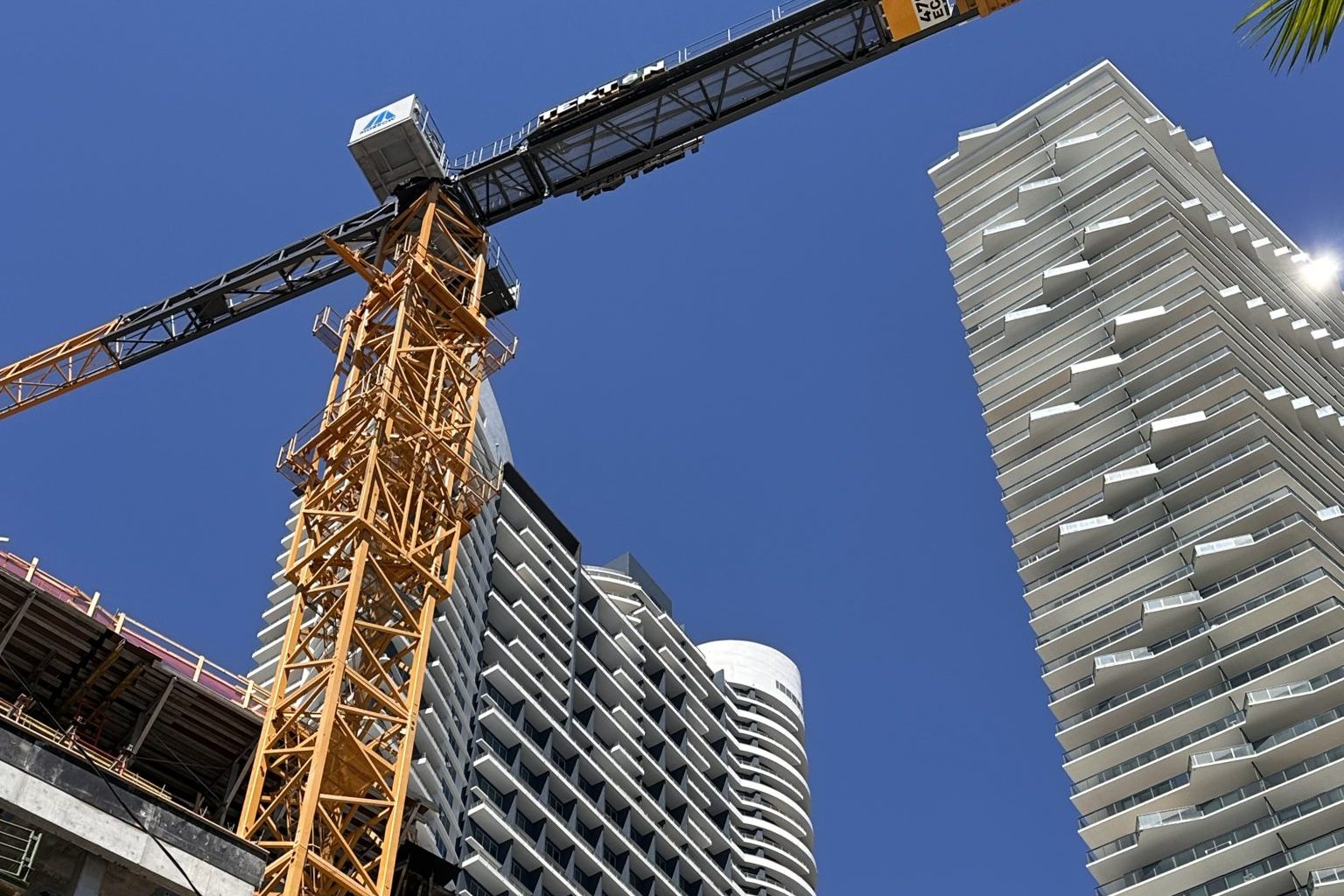Why mortgages for Canadians in Florida are attractive
As the leading foreign investors in Florida’s real estate market, Canadians acquired properties worth over $1.8 billion last year alone, surpassing investments from Argentina, Colombia, Brazil, and Venezuela. This data from the Florida Realtors Association highlights the growing Canadian interest in Florida’s real estate.
The appeal goes beyond Florida’s inviting climate. One significant draw is the availability of fixed-rate mortgages in the U.S., a contrast to the adjustable-rate mortgages predominantly offered by Canadian banks. These U.S. mortgages provide stability in payments, regardless of fluctuating interest rates, offering a secure financial plan for Canadian investors.
Navigating mortgages in Florida for Canadians at different citizenship levels
Any Canadian citizen can qualify for a mortgage and buy property in the U.S. However, specifics vary depending on your citizenship, naturalization, or residency status.
All non-U.S. individuals fall into one of these broad categories:
Foreign Nationals (Non-Resident Aliens)
Canadian non-resident aliens, without formal U.S. status but interested in Florida’s real estate, can explore unique mortgage opportunities. These individuals can invest in properties or own a second home in Florida, leveraging the state’s attractive real estate market.
Temporary residents
These are non-U.S. citizens who have received authorization to live in the U.S. for a limited period of time. Specifics vary with the type of visa. But generally, temporary residents can qualify for U.S. residential mortgages. You may face some additional underwriting requirements and limitations, however, depending on the type of visa you hold.
As a temporary resident, you can qualify for a mortgage and buy a personal residence in the U.S., secure in the knowledge that if and when you do return to Canada, you can convert your U.S. residence into a rental property and continue to rent it out in the U.S. to generate income.
In fact, Florida is a great place to own an income property, because Florida is one of only a few states in the U.S. that does not impose an income tax.
Permanent residents
These include Green Card holders who are authorized to live and work in the U.S. indefinitely. Permanent residents can qualify for all the mortgage programs available to U.S. citizens, including mortgages on owner-occupied primary personal residences, which are not normally available to non-resident aliens and temporary residents.
Look beyond traditional bank lenders
Non-U.S. citizens (including foreign-owned corporations) often have trouble with traditional bank lenders. Their loan programs and underwriting standards aren’t set up to accommodate foreign borrowers other than permanent residents.
If you’re a non-resident or temporary resident alien in the U.S., it’s best to work with an independent mortgage broker who is connected with many different lenders. This way, you can be matched with the very best lender and loan program that fits your individual situation.
Fortunately, there are many non-bank lenders who have creative financing solutions specifically designed for foreign nationals and temporary U.S. residents. These loans have alternative or streamlined documentary requirements that Canadian citizens and other non-U.S. persons can easily meet.
What kinds of properties can Canadians buy in Florida?
As a Canadian citizen, you can get a mortgage and buy the same kinds of properties in Florida as you can buy in any other state in the U.S. Generally, Canadians can get a mortgage to buy or refinance personal residences or investment properties, including primary and secondary homes in the U.S.
It may take a little creativity, but foreign nationals can purchase any of these types of properties, and more:
- Single-family residences
- Condominiums (including non-warrantable)
- Condotels
- Short-term rental investment property
- Multi-family (apartment) buildings
- Town homes
- Duplexes, triplexes, and quads
- Raw land
- Commercial properties
- Farms and ranch land
- Co-ops
- Planned urban development (PUD) properties
Read our ultimate guide on how can foreigners buy property in the USA.
A note on residential property: Your planned usage of your property must align with your residency status. Non-resident aliens can’t claim they will use a property as an owner-occupied primary personal residence if their residency documents submitted along with their application show that they aren’t cleared to live in the U.S.
Difficult-to-finance-properties
Most traditional mortgage lenders won’t finance certain property types such as short-term rental investment properties, non-warrantable condominiums, and condotels. These properties include developments with fewer than 50% owner-occupants, properties still under construction, and properties with pending construction defect litigation.
These property types, especially, will need a specialized mortgage broker with expertise in matching them with a specialized lender with an appetite for this kind of risk.
This is especially important for properties located in Florida, where there are many, many non-warrantable condos, condotels, and other investment properties that most bank lenders won’t touch – but that would make excellent investment properties if that hurdle can be overcome.
What loan programs can Canadians qualify for?
As mentioned, Canadian permanent residents in the U.S. can qualify for any conventional residential loan program available to U.S. citizens. And all Canadian citizens, regardless of their residency status, can qualify for mortgages on investment properties in the U.S., as well.
Even so, however, you still may need a specialty mortgage broker to help match you with a lender willing to provide creative financing for any number of other reasons. Examples include lack of U.S. tax returns, difficult-to-verify income, self-employment, non-warrantable condominiums or condotels, short-term rental housing, and many others.
What documents must Canadians provide to get a mortgage in Florida?
Naturally, U.S. lenders will want to satisfy themselves that you have the capacity to repay the home loan, as well as other expenses like property taxes, maintenance, insurance, and HOA or condo association fees. On top of that, lenders will want to see adequate reserves. This is cash or reasonably liquid assets that are available to make your mortgage payments even after you close on the purchase in case your income is disrupted.
Full-doc loans
For the best terms, Canadian citizens can apply for a “full-doc” loan. These loans have the most thorough paperwork requirements, but also allow the lender the most insight into their financial situations and credit history to assess the risk. Lenders will typically verify your income and use your verified income and credit information to calculate your debt-to-income ratio (DTI).
To qualify for a full-doc loan, you’ll need to submit the following documents:
- Canadian or other foreign tax returns
- U.S. tax returns, if any
- Proof of income, such as a proof of income statement from the Canadian Revenue Authority
- Pay stubs
- Foreign credit reports
- Bank statements
Alternative documentation loans
Of course, not all Canadian borrowers have easily verifiable incomes, tax returns, or an extensive credit history at hand. Self-employed borrowers, small business owners, professional investors, and day traders, for example, frequently need to find more flexible lenders who are willing to work with unconventional borrowers and special situations.
If you’re one of them, an “alternative documentation,” or “alt-doc” loan might be the way to go. Interest rates and required down payments may be slightly higher for alt doc loans compared to full-doc loans.
Specifics vary with the individual, and with the lender. But in general, if you can show that you have the capacity to repay the loan, you can qualify for a very competitive loan via an alt-doc program.
“No-doc” loans
These loan programs don’t require any income verification at all. Instead, borrowers qualify by showing that the property itself, or other assets they own, provide adequate security for the loan. This is an option for borrowers with lots of assets, but who don’t want to show a source of income, who don’t have tax returns, or who simply want to close quickly without going through a lot of underwriting.
You can potentially use any asset of value as collateral for a mortgage in the U.S., including real estate, investment accounts, mutual funds, stocks, bonds, life insurance, and even crypto.
To get the loan to go through, you’ll need some asset documentation.
Click here for more details on residential loan programs available to non-U.S. borrowers.
Frequently asked questions
What’s the down payment required of Canadian borrowers?
Typically, Canadian borrowers in Florida can expect a down payment of 25-30% for most properties. This varies with documentation levels and property types. For low-doc or no-doc loans, a higher down payment might be necessary. Substantial collateral could reduce the down payment requirement.
Can Canadians use gifted funds for a down payment?
Yes, gifted funds are acceptable for down payments by some lenders. However, these funds must be ‘seasoned’ in a U.S. or Canadian financial institution for 30 to 60 days before closing.
What types of credit history do Canadians need to qualify?
A Canadian or U.S. credit history isn’t mandatory for our loan programs. However, access to a Canadian credit report could improve your loan-to-value ratio, potentially lowering your down payment.
What interest rate can I qualify for as a Canadian?
Interest rates for Canadians are influenced by individual circumstances and market trends. Generally, they align with rates from Canadian banks and financial institutions.
How long does it take to close?
Closing times vary by loan type. Collateral-backed loans without income verification, like hard money loans, can close within days. More documentation-intensive loans may take up to 30 days.
Do I have to travel to the U.S. to close the loan?
No, you don’t need to be in the U.S. to close on a loan. DAK Mortgage facilitates the entire mortgage process remotely, including handling closing costs.
Conclusion: Key Takeaways for Canadians Seeking Mortgages in the US
For Canadian citizens, whether as non-resident aliens, temporary, or permanent residents in the U.S., DAK Mortgage offers a range of tailored loan programs for purchasing or refinancing properties in Florida.
Our expertise lies in handling complex loan scenarios and unique financial situations. If you’ve faced difficulties in securing a mortgage or have unique requirements, reach out to us. Our specialty and creative financing solutions are designed to meet diverse needs.
For more information and personalized assistance, contact us at 321-239-2781, email [email protected], or click here to send a message. We’re committed to helping you achieve your real estate goals in Florida.





